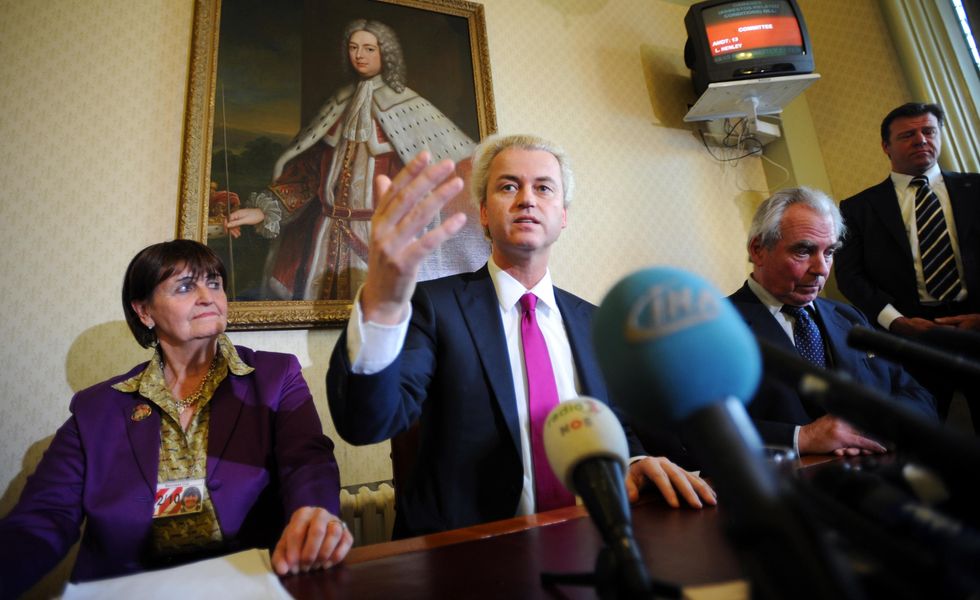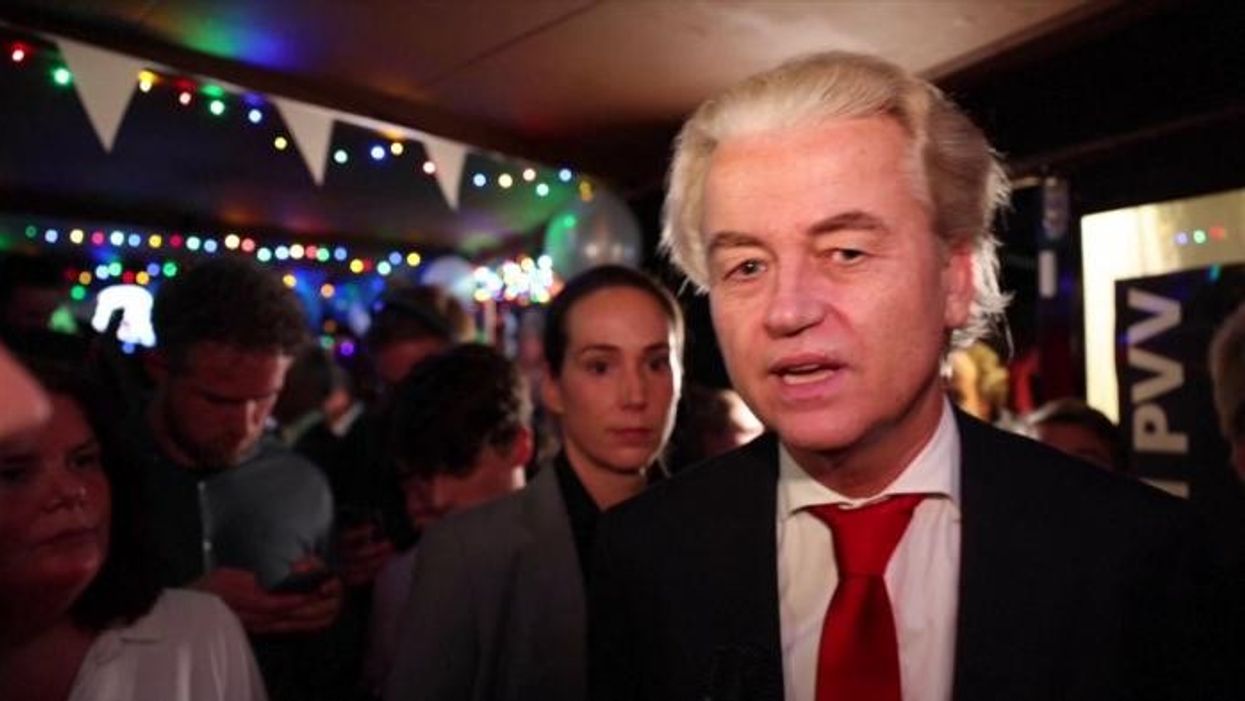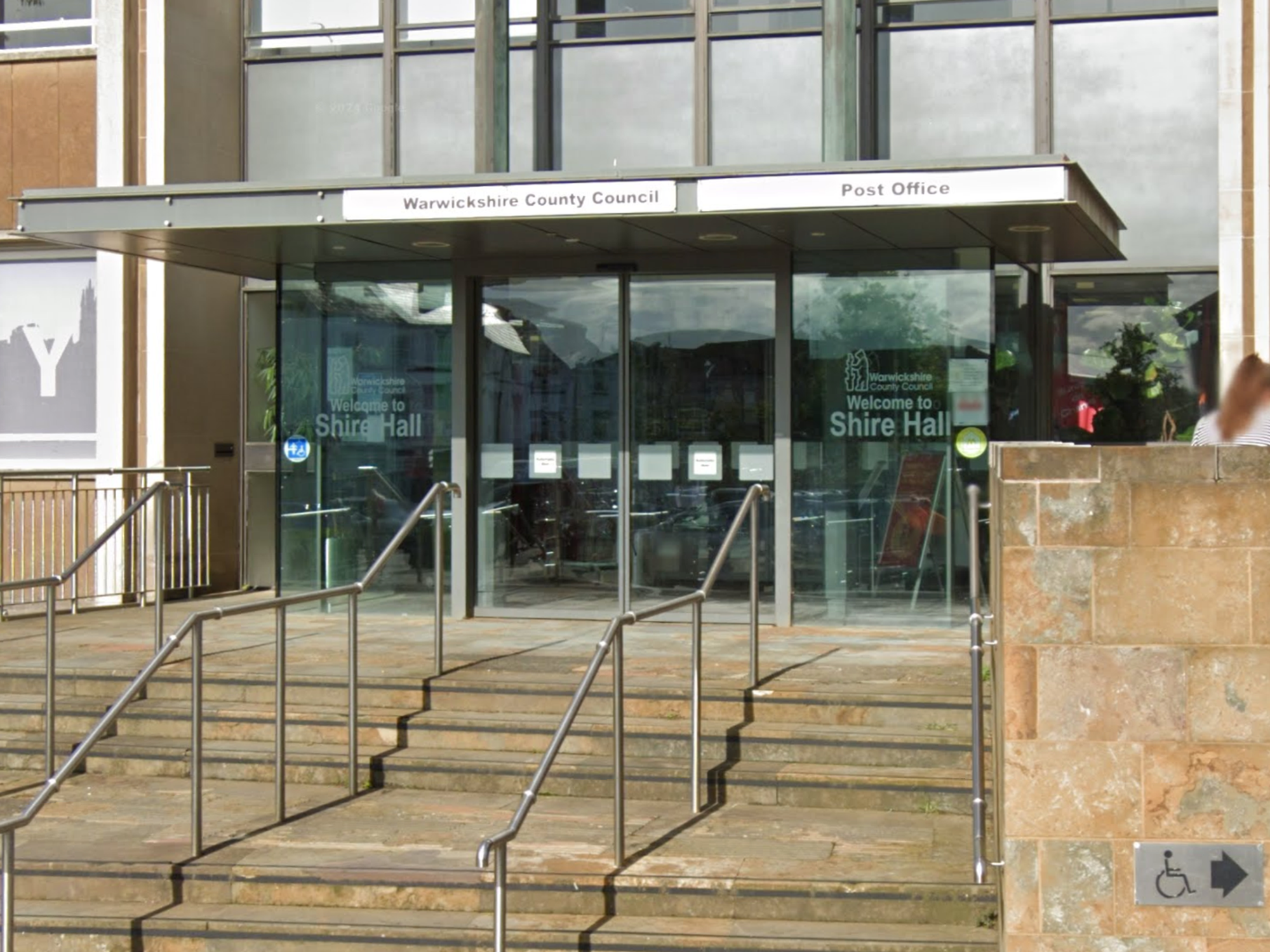The Netherlands vows to OPT OUT of EU rules to introduce 'strictest ever' asylum policy

The move is likely to ruffle feathers in the European Union
Don't Miss
Most Read
The Netherlands has said it will opt out of EU rules in order to bring in its "strictest-ever" asylum policy.
The Dutch coalition government said their asylum policy would see people removed from the country "by force" - a move which is likely to ruffle feathers within the EU.
This comes months after Geert Wilders secured a shock election victory. A coalition government was formed yesterday under an agreement which will not see Wilders will become prime minister.
In a government plan, published earlier today, the four-party coalition said it will try and put in place the "strictest-ever asylum regime", which will involve stronger border controls and harsher rules for asylum seekers who arrive in the European country.

The Dutch coalition government said their asylum policy would see people removed from the country "by force" - a move which is likely to ruffle feathers within the EU
|PA
The pact says: "An opt-out clause for European asylum and migration policies will be submitted as soon as possible to the European Commission.
"Concrete steps will be taken towards the strictest ever entry rules for asylum and the most comprehensive ever package to control migration."
The EU has toughened up its migration policies in recent months, introducing a new pact to crack down on illegal arrivals. But many member states want to see the bloc go further.
The EU voted to pass a landmark migration control pact in April, which leaders said will let the bloc "regain control" of its borders and crack down economic immigration.
The passing of the Migration and Asylum Pact, legislation which will overhaul the EU's migration and border rules, was met with positive responses by top European lawmakers and leaders, who described the decision as "historic".
The plans include the detention of migrants for up to six months in some cases, as well as the detention of unaccompanied minors deemed to be a security risk.
They also limit the number of people coming into the EU, as well as coming to an agreement designed to share the cost of hosting migrants and refugees.
Ukrainian refugees will be exempt from the restrictions, as part of the EU's temporary protection directive.
Despite the EU's new migration pact, the bloc is facing growing demands from more than half of its member states to allow them to control their own migration policies and asking for the right to introduce Rwanda-style deportation schemes.
LATEST DEVELOPMENTS:
Italy and the Czech Republic are leading the revolt, made up of 19 member states.
Speaking at a joint press conference alongside Italian PM Giorgia Meloni, Czech leader Petr Fiala said: "The Czech Republic and Italy are among the countries that want to go beyond where the migration pact has taken us and want to find a real solution to illegal migration, which we do not yet have in Europe."











